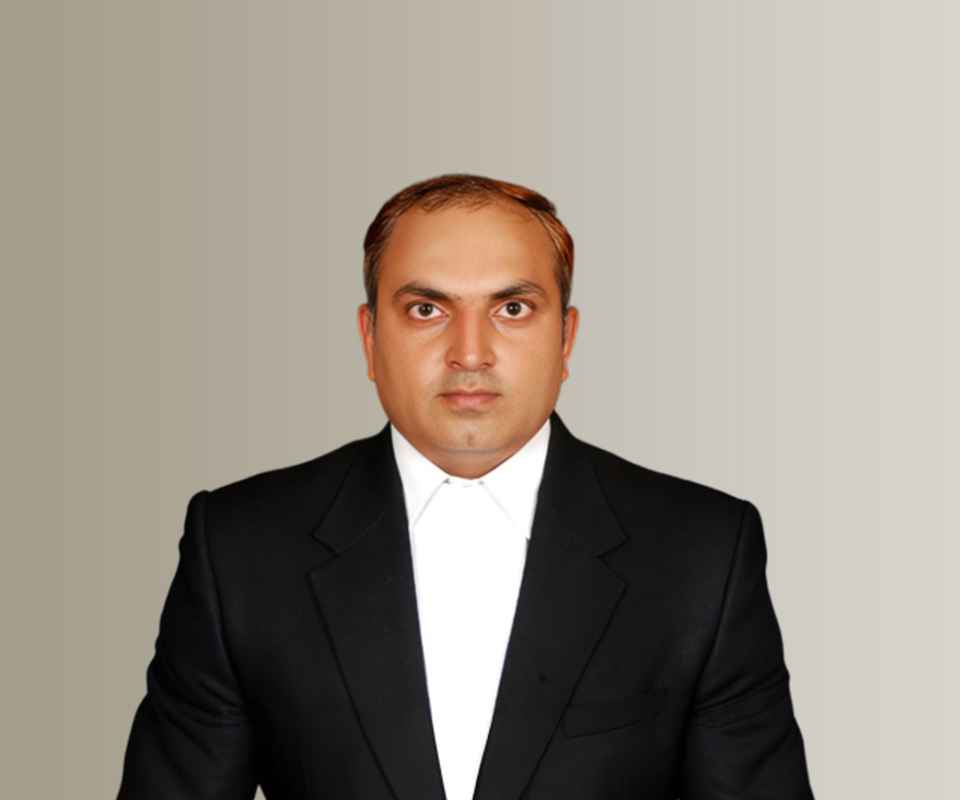Answer By law4u team
Yes, India is bound by International Humanitarian Law (IHL), particularly the Geneva Conventions of 1949, which are the cornerstone of IHL. India’s Status under the Geneva Conventions: India is a State Party to all four Geneva Conventions of 1949. India ratified them on 9 November 1950. These conventions apply during armed conflicts, including international wars and conflicts involving occupation. The Four Geneva Conventions India is bound by: 1. GC I – Protection of wounded and sick soldiers on land 2. GC II – Protection of wounded, sick, and shipwrecked members of armed forces at sea 3. GC III – Treatment of prisoners of war 4. GC IV – Protection of civilians during war India has not ratified the Additional Protocols (1977): Additional Protocol I (relating to international armed conflicts) – Not ratified Additional Protocol II (relating to non-international armed conflicts) – Not ratified Additional Protocol III (2005 – emblem) – Not ratified So, India follows only the original Geneva Conventions (1949) and not the later protocols. Domestic Application: While India does not have a separate law exclusively codifying the Geneva Conventions, their principles are: Reflected in military manuals and rules of engagement Considered part of customary international law, binding even without domestic legislation Recognized by Indian courts in various decisions, particularly in matters of prisoner of war, civilian protection, and human rights in conflict zones Examples of Application: India–Pakistan wars: Both countries agreed to treat POWs as per Geneva Convention III. Kargil Conflict (1999): India observed Geneva rules regarding treatment of captured Pakistani soldiers. Terrorism and insurgency: Though not bound by Additional Protocol II, India largely respects IHL norms in internal conflicts, with exceptions. Conclusion: Yes, India is bound by international humanitarian law through the Geneva Conventions of 1949, and is expected to apply them during armed conflicts. However, India has not ratified the Additional Protocols of 1977, and does not yet have a dedicated IHL enforcement law. Despite this, the core principles of IHL are respected and followed in practice, especially by the Indian Armed Forces.









